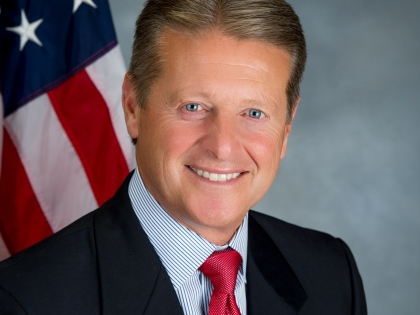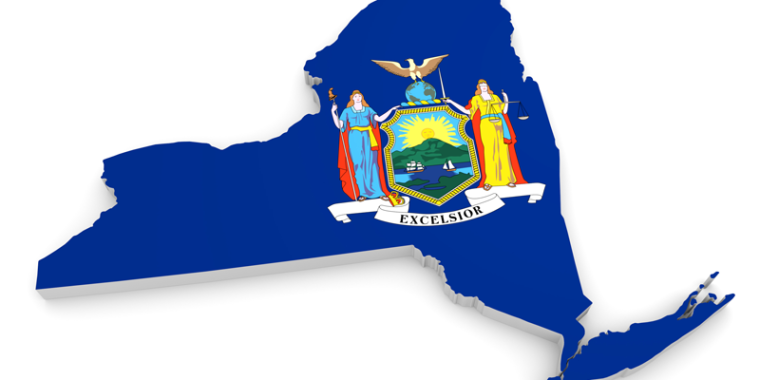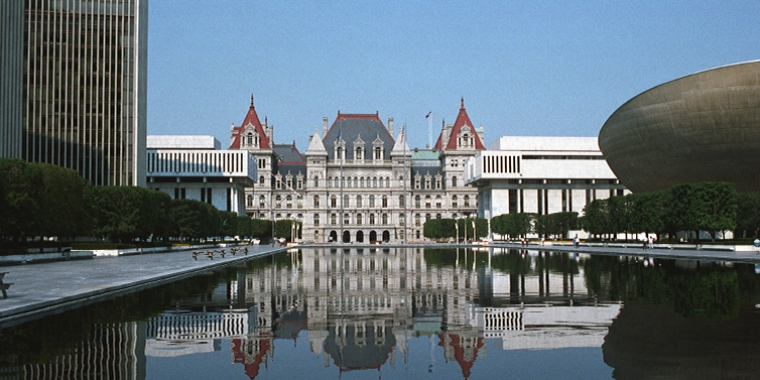
New York Health Act Too Costly for Taxpayers
Patrick Gallivan
March 31, 2022

Lawmakers in Albany are once again being asked to consider the New York Health Act (NYHA), legislation that would abolish the state’s existing health insurance system and replace it with a single payer, government-run program financed by taxpayers.
The proposal is not new, and as the ranking member of the Senate’s Health Committee, I have heard from people on both sides of this important issue. While I support efforts to ensure all New Yorkers have access to quality health care, we have to make sure it is affordable. A new report by the Empire Center for Public Policy warns the NYHA would result in a massive tax increase, likely the largest ever enacted by any state.
As proposed, the NYHA would be the first of its kind in the country. It would cover every resident of New York State with no limits on coverage, no prior authorizations, no provider networks and no cost sharing requirements, such as patient premiums and co-pays. It would replace all existing forms of coverage, including private insurance, employer-sponsored plans and government-operated systems such as Medicare and Medicaid. Several years ago, the independent RAND Corporation estimated the cost to taxpayers would be $160 billion in the first year alone. That represents a staggering 133-percent increase in the state’s total tax receipts. As medical costs rise, so will the burden on New York taxpayers, who already pay some of the highest taxes in the country. The Empire Center predicts the tax hikes would further harm the state’s competitiveness for business development and economic growth.
The legislation also leaves many important questions unanswered. It identifies two sources of funding for the program, a tax on payroll income and a tax on income from non-payroll sources, such as business and investments. Those with higher incomes would pay more, but the bill does not provide details on the rates or income brackets for these new taxes. While some people might save money, many more would pay substantially more for coverage. The legislation also fails to say how much health care providers would be paid for their services. It would be irresponsible for the state to implement such a massive program without knowing such details.
Finally, those in favor of the NYHA say it would provide universal coverage and help those who are currently uninsured. Closing the insurance gap should be a priority, but it does not require the creation of a huge new bureaucracy and a massive overhaul of our health care system. The number of state residents without coverage is less than 5% of the population. We can help these individuals by investing in better outreach and providing financial resources to assist them in obtaining quality insurance coverage. Meanwhile, those who like their current plan should be allowed to keep it.
New Yorkers deserve access to quality, affordable health care, but Albany’s government run, taxpayer funded proposal is not the answer.
Share this Article or Press Release
Newsroom
Go to Newsroom


